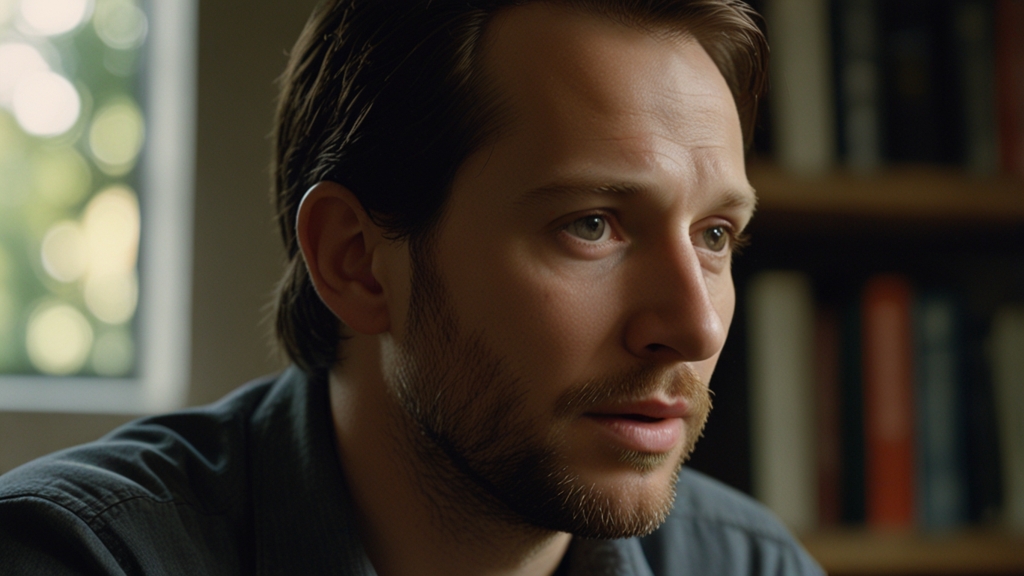Can We Ever Know Anything? The Epistemological Challenge
Epistemology, the branch of philosophy concerned with the theory of knowledge, poses deep questions that have puzzled thinkers for centuries. At its core, it interrogates the very nature of knowledge, belief, and justification. One profound question that arises within this domain is: Can we ever truly know anything? This question not only challenges the foundations of our beliefs but also calls into question the certainty and extent of human understanding.
The Nature of Knowledge
To explore whether we can ever know anything, it is essential to understand what we mean by "knowledge." Traditionally, philosophers have defined knowledge as "justified true belief." This classical tripartite theory posits that for someone to know a proposition, three conditions must be met:
- The proposition must be true.
- The individual must believe the proposition to be true.
- The individual must have justified reasons for believing the proposition.
However, this definition has been subject to much scrutiny and debate. One notable challenge came from Edmund Gettier, who in 1963 presented cases—now known as "Gettier problems"—that demonstrated situations where individuals held justified true beliefs that were still not knowledge. These cases cast doubt on the sufficiency of the tripartite theory and opened the door for ongoing debate about the exact nature of knowledge.
Skepticism and the Limits of Certainty
Skepticism is a significant epistemological position that questions the possibility of knowledge. Radical skeptics argue that we cannot have certainty about anything, as our senses and reasoning are fallible. For instance, the ancient Greek philosopher Pyrrho of Elis suggested that because our perceptions can deceive us, we should suspend judgment about all beliefs.
"Is it possible to know anything at all? The skeptical hypothesis presents a powerful challenge that seems to undermine the very possibility of knowledge." — Anonymous Philosopher
René Descartes, a pivotal figure in Western philosophy, also grappled with skepticism. In his seminal work "Meditations on First Philosophy," Descartes sought to establish a foundation for certain knowledge by doubting everything that could be doubted. This method of hyperbolic doubt led him to the famous conclusion, "Cogito, ergo sum" ("I think, therefore I am"), which he claimed as an indubitable truth. Yet, even Descartes' resolution has not silenced the skeptical concerns entirely.
Reliabilism and Pragmatism
In response to skepticism, several alternative theories of knowledge have been proposed. Reliabilism, for example, suggests that a belief counts as knowledge if it is produced by a reliable cognitive process. This theory shifts the focus from internal justification to the external conditions under which beliefs are formed.
Pragmatism, a philosophical tradition that includes thinkers like Charles Sanders Peirce and William James, offers another perspective by evaluating the truth of beliefs in terms of their practical consequences. Pragmatists argue that knowledge is less about certainty and more about the usefulness of our beliefs in practical contexts.
"The meaning of a belief is inseparable from the actions it promotes; thus, the utility and success of our actions can serve as a measure of their truth." — William James, Pragmatist Philosopher
The Role of Context and Language
Another crucial aspect of the epistemological challenge is the role of context and language. The later works of Ludwig Wittgenstein, for example, emphasize that meaning and understanding are deeply embedded in the practices and forms of life in which they occur. Thus, the concept of knowledge cannot be entirely separated from the linguistic and social contexts in which it is used.
Wittgenstein suggests that instead of seeking absolute, context-independent foundations for knowledge, we should look at how language functions in our everyday practices. This perspective aligns with the idea that knowledge is a more fluid and dynamic concept than traditional definitions might suggest.
Conclusion
The question of whether we can ever truly know anything remains one of the most profound and persistent challenges in philosophy. While skepticism presents significant obstacles to the certainty of knowledge, alternative theories like reliabilism and pragmatism offer promising pathways to understanding. Moreover, the recognition of the roles of context and language further enriches our grasp of epistemological issues.
Ultimately, the quest for knowledge might not lie in finding absolute certainties but in navigating the complex interplay of justification, belief, and truth within the tapestry of human experience. As our understanding evolves, so too does our conception of what it means to know something.









